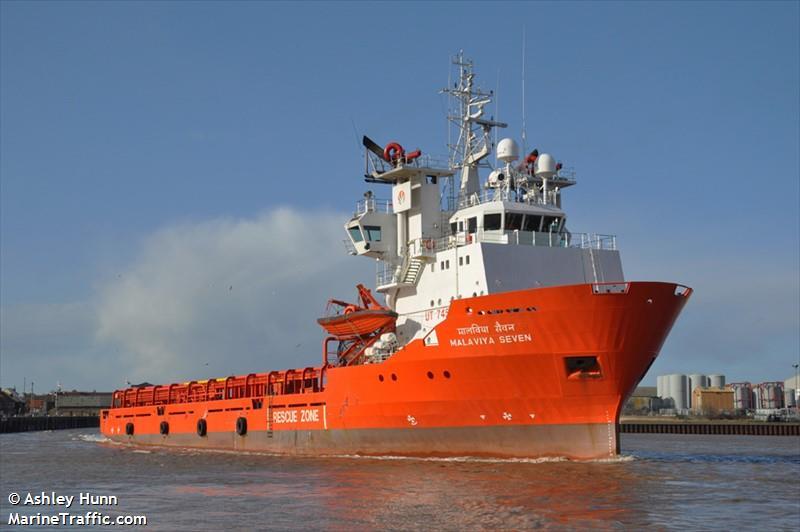
Last week’s incident in Aberdeen Harbour where an offshore supply vessel was detained with 15 Indian nationals on-board, who had allegedly been unpaid for two months, has highlighted the relevance of the Modern Slavery Act in today’s offshore oil and gas industry.
Following the seizure of the MV Malaviya Seven, which remains docked in the city’s Albert Quay, and interviews with its Indian workers, it is believed that some have not have been paid for several months. Commenting on the incident, Mick Cash, General Secretary of the RMT said: “The seizure of this vessel exposes the shameful practices in the exploitation of our natural resources, practices that must be outlawed and regulated against immediately.”
Across the globe in a broad range of industries sectors, including oil and gas, enforced labour where workers are given little or no remuneration continues to raise serious concerns. A study by the Walk Free Foundation estimates that there are over 29 million people around the world affected by modern slavery.
From April new legislation requires qualifying companies to publish a statement detailing what steps (if any) they have taken during that year to ensure that slavery and human trafficking are not taking place within any part of their business or supply chains. Whilst a failure to publish could be met with a court order forcing compliance, the biggest risks are reputational, with pressure from stakeholders, clients, NGOs, human rights groups and, of course, public opinion.
If an organisation is to take its obligations seriously, extensive due diligence will be required to ensure it is thoroughly compliant. This will demand commitment from leadership to ensure a new focus on ethical auditing and training, with the active involvement of those in compliance, HR, legal and procurement. The latter has arguably the biggest role to play as it is best-placed to establish and demand codes of conduct from suppliers which set a baseline for how workers are to be treated.
Supply chain mapping can also be an effective means of identifying regions and industries which are particularly prone to slavery and human trafficking. This should allow no room for complacency even when monitoring UK-based suppliers either. The first British company, a Kent-based gangmaster firm, was found guilty by the High Court earlier this month of breaching the Modern Slavery Act by trafficking six Lithuanian men to the UK and severely exploiting them.
Energy companies should act now to ensure that their operations are not entangled, even remotely, in any form of modern slavery, an act which is aptly described the UK Government as “a despicable and inhuman crime in which women, men and children are subjected to unimaginable suffering”.
This week’s crucial EU referendum puts an additional emphasis on the issue. While the Modern Slavery Act would be unaffected by a Brexit vote, the status of human rights laws in the UK has come under increasing scrutiny.
Andrew Atwell is an Aberdeen-based senior associate at law firm CMS.